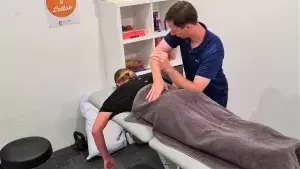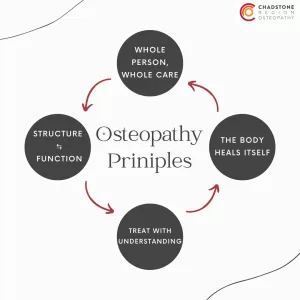
5 Easy Levers You Can Pull to Reduce Low Back Pain
Low back pain is one of the most common reasons people seek treatment, and for many, it can feel frustratingly persistent. You might think you need complex exercises, expensive treatments, or a full week off to get relief.


